(ThyBlackMan.com) Today marks one year since this blog has been in existence. Last year January 12th marked the return of The Game; now in it’s fifth season. The show returned to BET Tuesday night to answer all the questions left open and up in the air last year. Yes, girl Melanie had an abortion. No, it was not for Derwin. Yes, Tasha is still mad at Melanie. Yes, Malik really fell in love with the addict model. Jason, is still cheap and color struck but there is a reason behind the latter. TT is making his wing truck a lucrative business and is no longer the funny side kick to the strip club in the house having Malik. But The Game’s dramatic fifth season return underscores more than just bombshells revealed in one of the most successful come back, little show that could storylines. It also underscores the need for more programming like it.
After a white-washed 2011 Emmy’s and what will most likely be a white-washed Golden Globes and Academy Awards — save for maybe Viola Davis — it is clear roles for Black actors and actresses are drying up if not already barren and deserted. It is not just a Hollywood Box Office phenomenon but in roles all across the visual media. The most recent example in Hollywood is George Lucas having to go on the record that he needs people — the Black community specifically — to come out and support his new film Red Tails (out next Friday) about the Tuskeegee Airmen. Revealing he financed the majority of the 58 million dollar budget for the movie out of his own money to get the film about real life Black heroes made 23 years after he first pitched the idea to movie studios is sad. Anything George Lucas touches is typically movie gold, including the first three chapters in the Star Wars series which are much maligned in comparison to the latter half originals from the 1970s and ’80s. For Lucas to have to go on record about the trials and tribulations associated 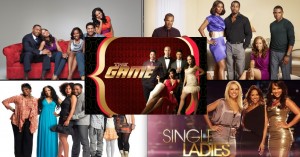 with creating a “Black” film that is truly an American history film shows directors and actors alike are deprived of telling stories they want to tell because studio heads have a problem with the viability of skin color.
with creating a “Black” film that is truly an American history film shows directors and actors alike are deprived of telling stories they want to tell because studio heads have a problem with the viability of skin color.
While Hollywood can fall back on “Well we green light Tyler Perry movies” to make up for the void in Black cinema, television has no such luck because of the number of networks, channels and dayparts that need to be filled.
This past fall there were two Black shows that excited me. BET’s Reed Between the Lines (which has concluded its first season) and Tyler Perry’s For Better or Worse; a Black soapy drama I watch simply because I want to support the show while hoping — really praying — the storyline gets better soon. Of the winter premieres I of course was ready and waiting for The Game and BET’s other original series, the sitcom Let’s Stay Together. One other show centered around a predominantly Black cast I’m waiting to return is Vh1?s unbelievably successful and questionably entertaining Single Ladies. Other than that I’m waiting to watch my other favorites that prefer “diversity” over cast color dominance.
- Monday: House held down by Hugh Laurie and the evolvingly cantankerous Foremen played by Omar Epps.
- Tuesday: Glee with Amber Riley as Mercedes and her boyfriend who doesn’t have a name (at least one I don’t remember) whom she talks about but we rarely see. Glee is followed by New Girl lead by Zooey Deschanel as Jess and her crew of fellas with token Black friend/roommate Winston played by Lamorne Morris. Also on Tuesday, my personal favorite, USA’s White Collar which returns next week. The smart crime drama led by Matt Bomer and Tim Dekay finds two characters of color, Marsha Thomason who plays Diana and Sharif Atkins who plays Jones.
- Wednesday: NBC staple Law and Order: SVU with Ice-T as Fin.
- Thursday: NBC’s Prime Suspect starring Maria Bello with Damon Gupton as Detective Evrard Velerio as the only cop of color. I also get into CBS’s not so futuristic crime, spy, moral drama Person of Interest with Taraji P. Henson playing the female lead to Jim Caviezel as Reese and Michael Emerson as Finch. Also on Thursday’s, USA’s Suits finds Geena Torres as HBIC to Gabriel Macht’s and Patrick J. Adams’ leads as Harvey Specter and Mike Ross.
My list of TV preferences includes five television shows with predominantly Black casts and eight cross cultural shows where there is more often than not one Black character serving quotas and providing diversity to placate viewers who bemoan networks who don’t do enough to include Black characters in roles astereotypical to being loud and angry or criminal. The one show not included in my list of preferences is TV One’s Love That Girl starring Tatyana Ali. I was late to getting good cable and missed the premiere of the show and have yet to watch it in its entirety.
Working in television, even in news, I’m troubled by the skew. Yes Black people are only 13 percent of the population but that hegemonic difference is not represented on the small screen. The blockbuster Black shows are 100 percent negative and do nothing for the advocacy of better representation. Much of that is by our own doing with the onslaught of Black wanna be actors degrading themselves — and any true love for the acting craft they may have — by participating in shows like Real Housewives of Atlanta, Love & Hip-Hop, Basketball Wives, Basketball Wives L.A., and Braxton Family Values. No one forces real people to go on reality stars and act a fool. I applaud Mashonda for leaving Love & Hip-Hop because she disliked the foolery and how she was being represented by the group simply by association.
Every night of the week I can find a reality show where Black people are acting over the top foolish for either fame, fortune or both, when all they usually get are shaken heads and the recurring cultural conflict meme of the lack of good Black roles on television. Of course money is the prime factor in this equation but networks are also to blame themselves. NBC’s fall 2010 line-up saw the network attempt to create a show centered around a Black cast with a White side-kick; Undercovers. Where that show and many other network backed Black shows fail is in the area of focus. Undercovers was supposed to be a spy drama akin to the movie Mr. & Mrs. Smith; without the kill each other plot line. Yet the show was 30 parts spy, 20 parts rom-com, and 50 parts confusion. Confusion doesn’t make for a formula viewers can get behind and networks can sustain.
Likewise, often times major networks looking for an immediate ratings payoff don’t give shows time to develop and hit their stride. NBC’s fall premier The Playboy Club was cancelled just after three episodes. Of it’s two Black actresses in the show, one of them, Naturi Naughton, wasn’t even recognized with her name in the opening credits. ABC cancelled the revamp of Charlie’s Angels with Annie Ilonzeh after just a few episodes. TNT cancelled Jada Pinkett-Smith’s HawthoRNe. While HawthoRNe may have had a good run on the cable network, the same can’t be said for The Playboy Club and Charlie’s Angels which were barely given time to develop unlike NBC’s now hit comedies Parks & Rec and Community which suffered low ratings for a couple years before the shows finally hit their comedic stride.
After decades of quality Black programming on readily accessible networks the late 2000?s and now 20-teens have found the composition of television in a state of racial regression. Where at one point you could watch four Black shows in a night on various broadcasting networks you may now only watch four Black shows a week and the majority of them are on the same cable network on the same day.
This is beyond the money it takes to create a good show vs. trashy reality television. This is beyond knowing how to market a Black show to a majority audience. The success of The Cosby Show, A Different World, Good Times, The Jeffersons and so many other shows in the distant past and recent past prove good stories resonate with all people no matter color, race or ethnicity. This is about the acceptance by the Black community — which watches more TV than any other racial group — to not have our stories told.
It is my belief as a racial television watching group we have become complacent after a couple decades of seeing ourselves everywhere. The consistent increase in positive character television representation from the late 1970?s on with the aforementioned Good Times and The Jeffersons to 227 and Amen, The Cosby Show and Family Matters, A Different World and The Fresh Prince of Bel-Air, Moesha and The Parkers, The Steve Harvey Show, The Hughley’s, and The Bernie Mac Show, All of Us and My Wife and Kids, Living Single, Girlfriends and Half & Half, and Eve and The Jamie Foxx Show made us take for granted our shows would always be around; networks would always cater to their minority base in an attempt to illustrate race relations were getting better inside the country with how well Black shows and storylines were being presented and progressed. That slowly came to an end with the cancellation of one show after another and the combing of UPN and WB to create CW with its teen centric shows that preferenced wispy and sinewy blonde and brunette actors to tell scandalous stories of love, sex, and gossip over Black or Brown pigmented models who found laughter in pain, lessons in stereotypes and old fashion morals and fables to prevent a new talking point to a melting pot American conversation.
Our voice was slowly eroded and now we watch what we can, or what is left of scripted Black shows in syndication reminisicing on what we had every time they play on TV One, Centric and BET while hoping for something new from the major networks; or the onslaught of new networks that will focus specifically on the Black Television audience: Bounce TV, Karamaloop, Punch TV, Soul of the South, even OWN and maybe the Tyler Perry Network.
The problem is our waiting and wishing for something better won’t make network executives or Hollywood studio heads see the viability in providing a show to represent their minority audience just as well as their majority audience when the minority makes do with what it’s given. I can’t say a boycott of any show except our own is the answer, because it’s not, but I also know giving trash reality shows more time of day than we do our own scripted dramas and sit-coms is not the answer either. Neither is turning off the TV for online shows like the famously popular Awkward Black Girl. I would love to see the online hit in a Monday, Tuesday, Wednesday, Thursday or Friday night line up once a week instead of only on the first Thursday of every month, but YouTube hits don’t necessarily equate to ratings points. Until networks realize by our own television watching choices that they better take risks on the Black show to keep their momentum going and their audience satisfied; we will continue to be satisfied with nothing, watching reruns, lamenting on the good old decades when our stories were told, and wondering when if ever the trend will resurrect itself again.
Would you boycott your favorite “diverse” television shows if it meant bringing back more Black centric television shows?
Staff Writer; Nikesha Leeper
To connect with this sister feel free to visit; Change Comes Slow.






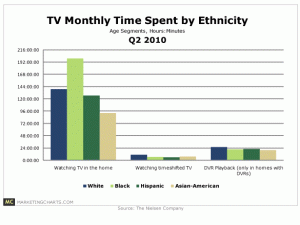










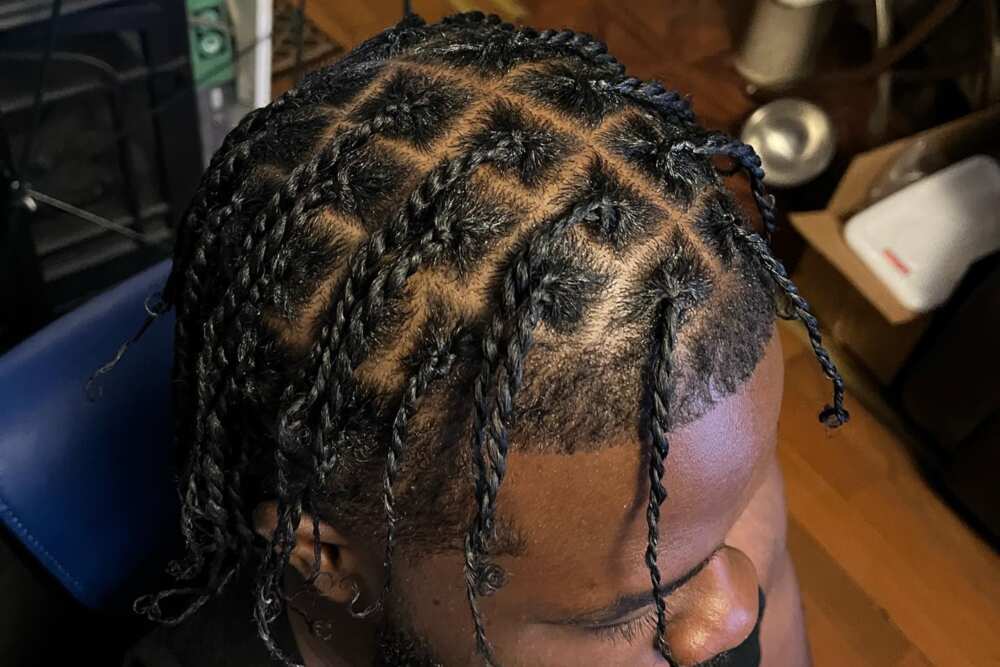
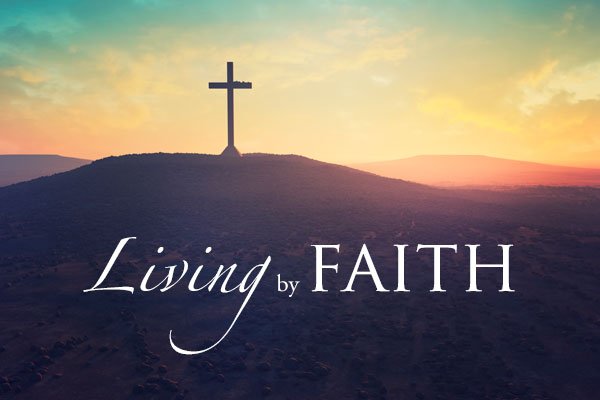
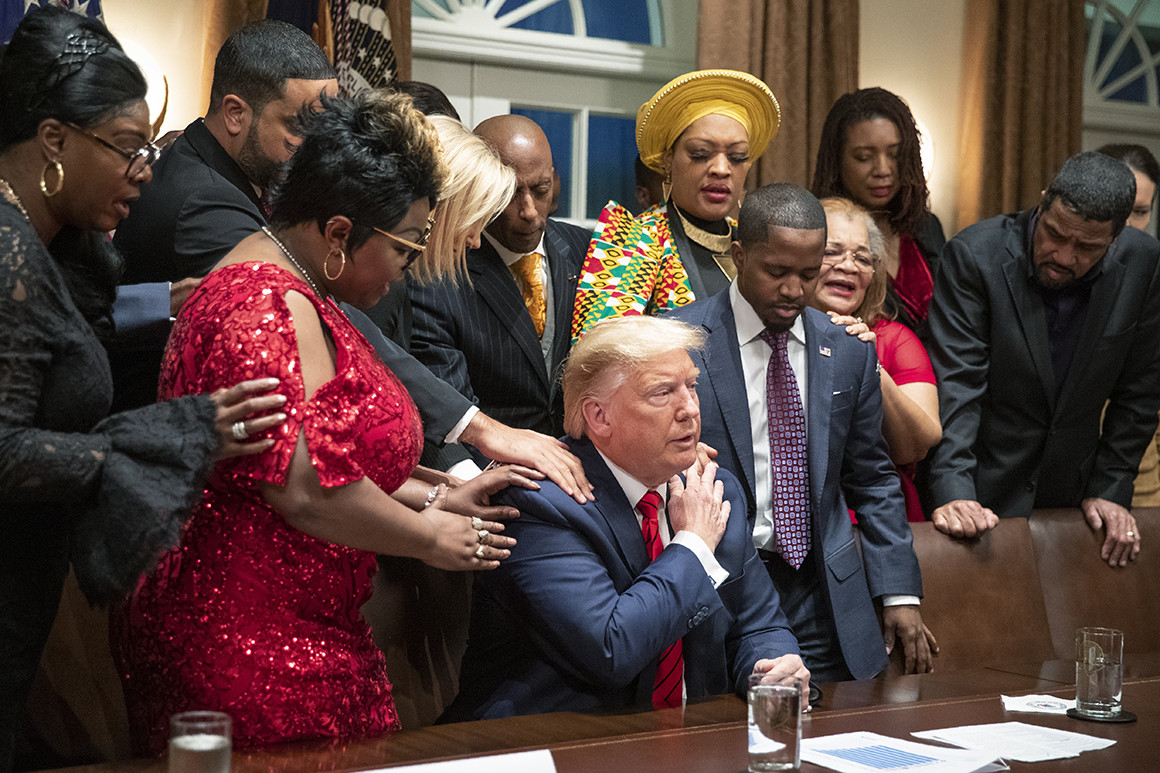

I was just talking about this topic. I was upset that “For better or worse” stopped airing… It was something that I actually looked forward to seeing on Fridays. The first couple of shows weren’t the best but they definitely leaped forward for me. It was interesting because the people that didn’t like it seemed to Love the “Reality” wife/girlfriend shows which are ALL exactly the same. I watch some of all of them and stopped because its demeaning. They think just because they throw “Drama” in my face and give me a preview of an upcoming fight, that i’m going to tune in. Not me. And that was the message I was trying to put across… some would rather watch that trash instead of Successful blacks on TV in roles that empower instead of keep you locked in a continuous state of drama and angst. I think that drama feeds your brain sub consciously and spills over into your life if you don’t recognize it and leave it where it is. I’m rambling a little, but great article and to answer the question… YES I would boycott, and in fact I already do. I rarely watch show that don’t have some black presence or representation. And the number of Black people who support ALL white movies with no recognition of the fact that we are not represented in that is appalling to me. We need to wake up and be recognized. I
Excellent article!